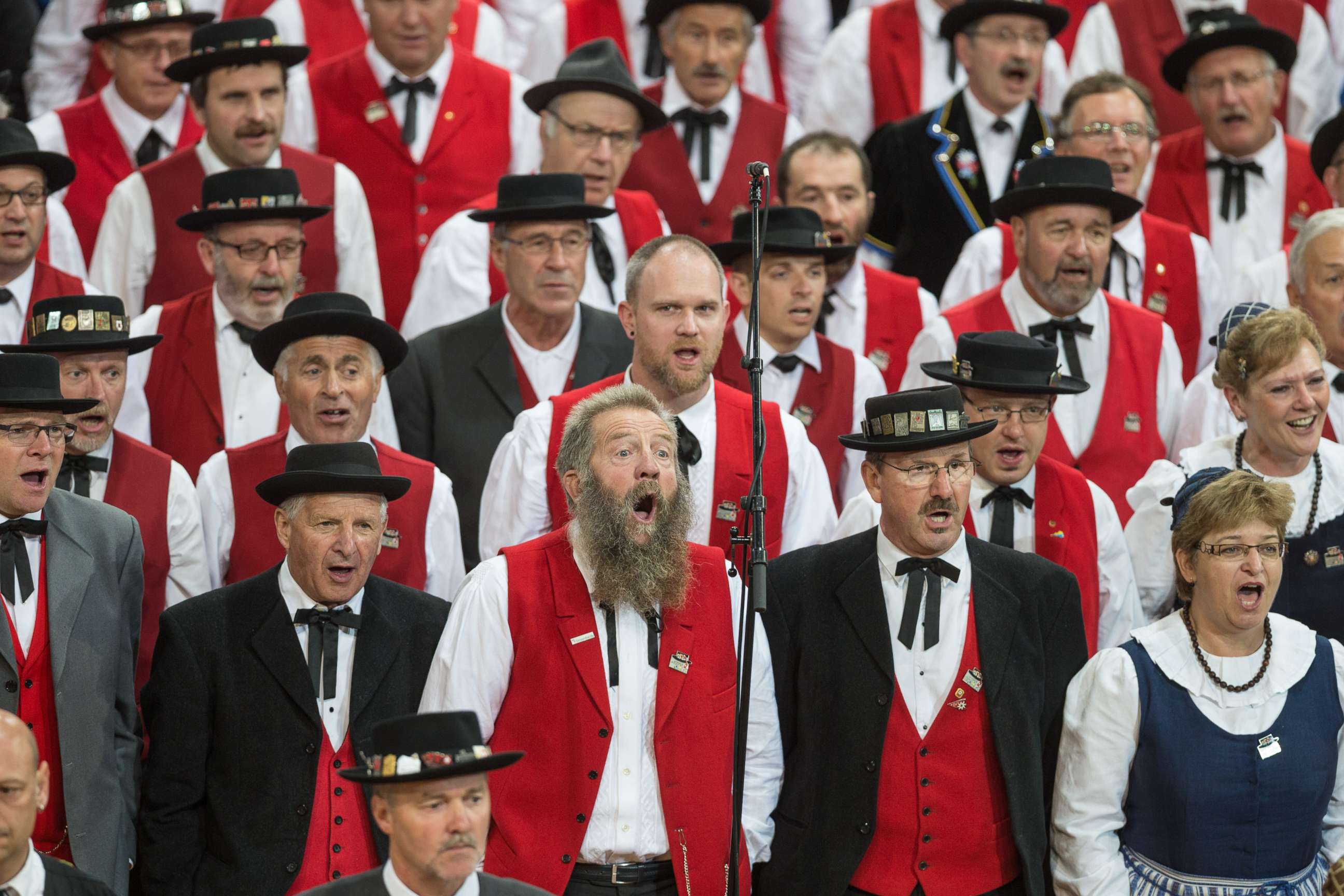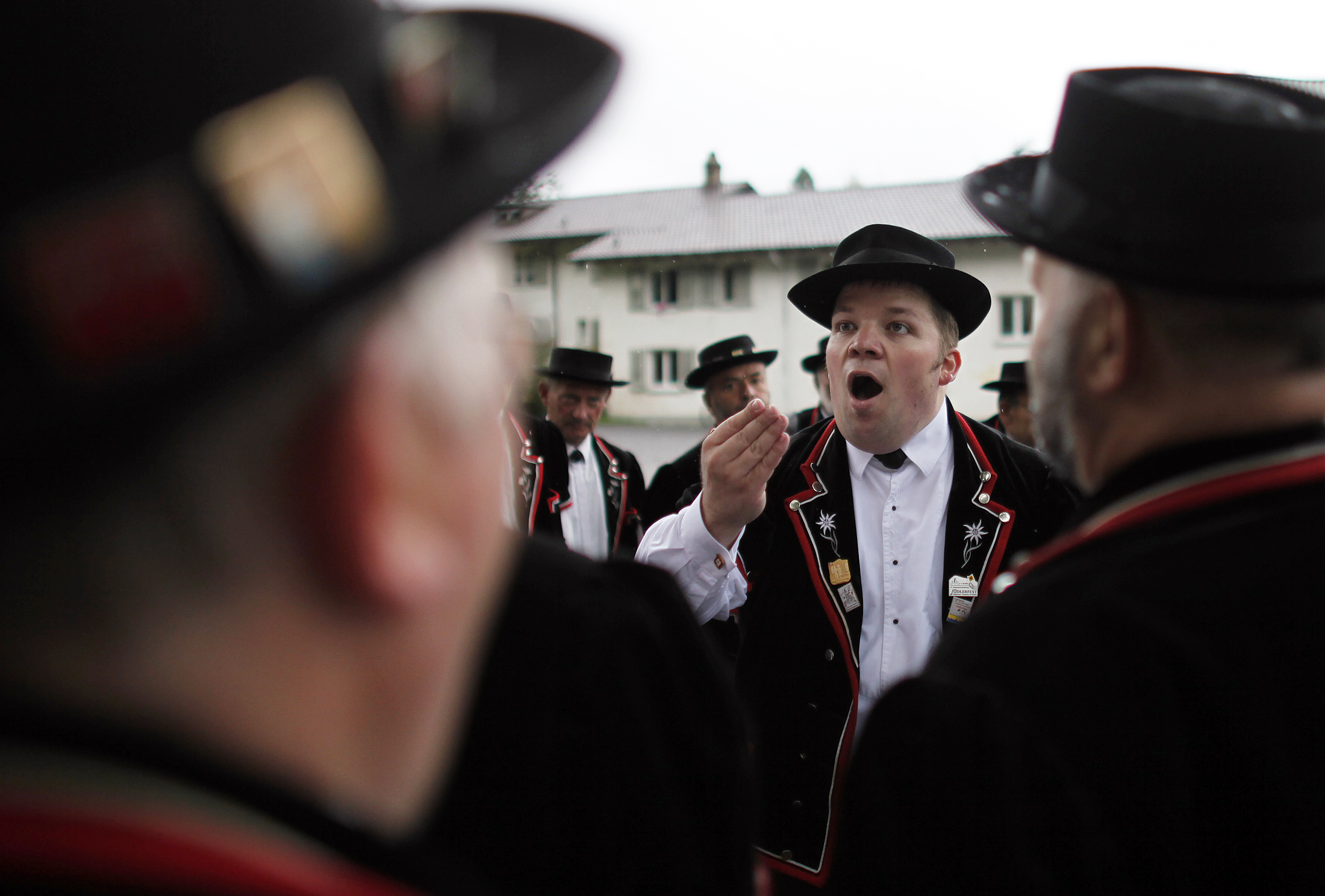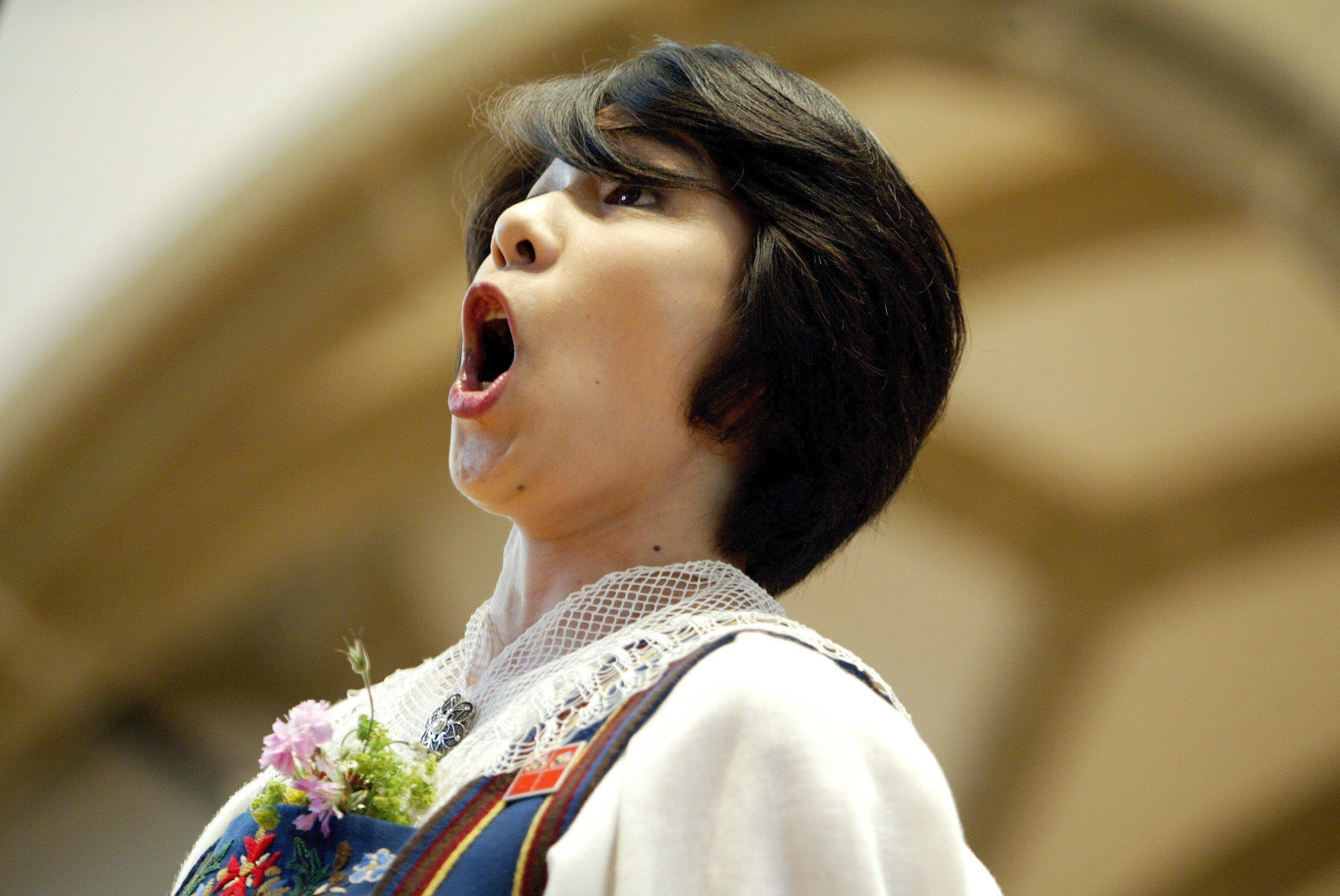Swiss university to offer degrees in yodeling
The school plans to offer both bachelor's and master's degrees.
BELGRADE, Serbia -- Yodelayheehoo! If you've ever wanted to learn the Alpine singing style of yodeling, now's your chance: A Swiss university has announced it's going to start offering a degree in yodeling.
Switzerland's Lucerne University of Applied Sciences and Arts is expected to enroll a handful of students for the 2018-2019 academic year.
The university plans to offer both bachelor's and master's degrees in yodeling. Classes will take place at The Institute for Jazz and Folk Music at the Lucerne School of Music.
Classes will be led by Nadja Rass, a prize-winning Swiss yodeler.
“Classes would expand the tradition of yodeling in Switzerland,” Rass told ABC News in a statement. “As well as having good vocal technique, students must be taught about different styles and voices to expand their repertoire. The whole yodeling scene will benefit from their new skills."

Applications for the yodeling program will open on Feb. 28.
Aspiring yodelers will be taught how to perform the singing style that dates back more than 500 years and was used by herders in the Austrian and Swiss Alps to call their flocks or communicate between villages.
"We introduced folk-music degrees in 2012 and have about 35 students already," Michael Kaufmann, the head of the university's music department, told ABC News. "The yodeling program is a welcomed innovation. It’s always good to have professional musicians in traditional folk music."

In the 1960s, Julie Andrews yodeled in "The Sound of Music," and it has become popular worldwide by country and folk music performers.
In 2014, the Swiss government said it would seek Unesco World Heritage status for yodeling.
Not everyone is singing the university’s praises, however.

"We did not need a university to keep yodeling alive for centuries," Karin Niederberger, president of the Federal Yodeling Federation, told ABC News. "These studies actually could undermine our unique traditions and specific regional variations."
Rass had this response to critics: "Our program will only train a few people out of thousands of yodelers. People should be more open and embrace this new program. Yodeling is a living folklore that must continue to develop."




